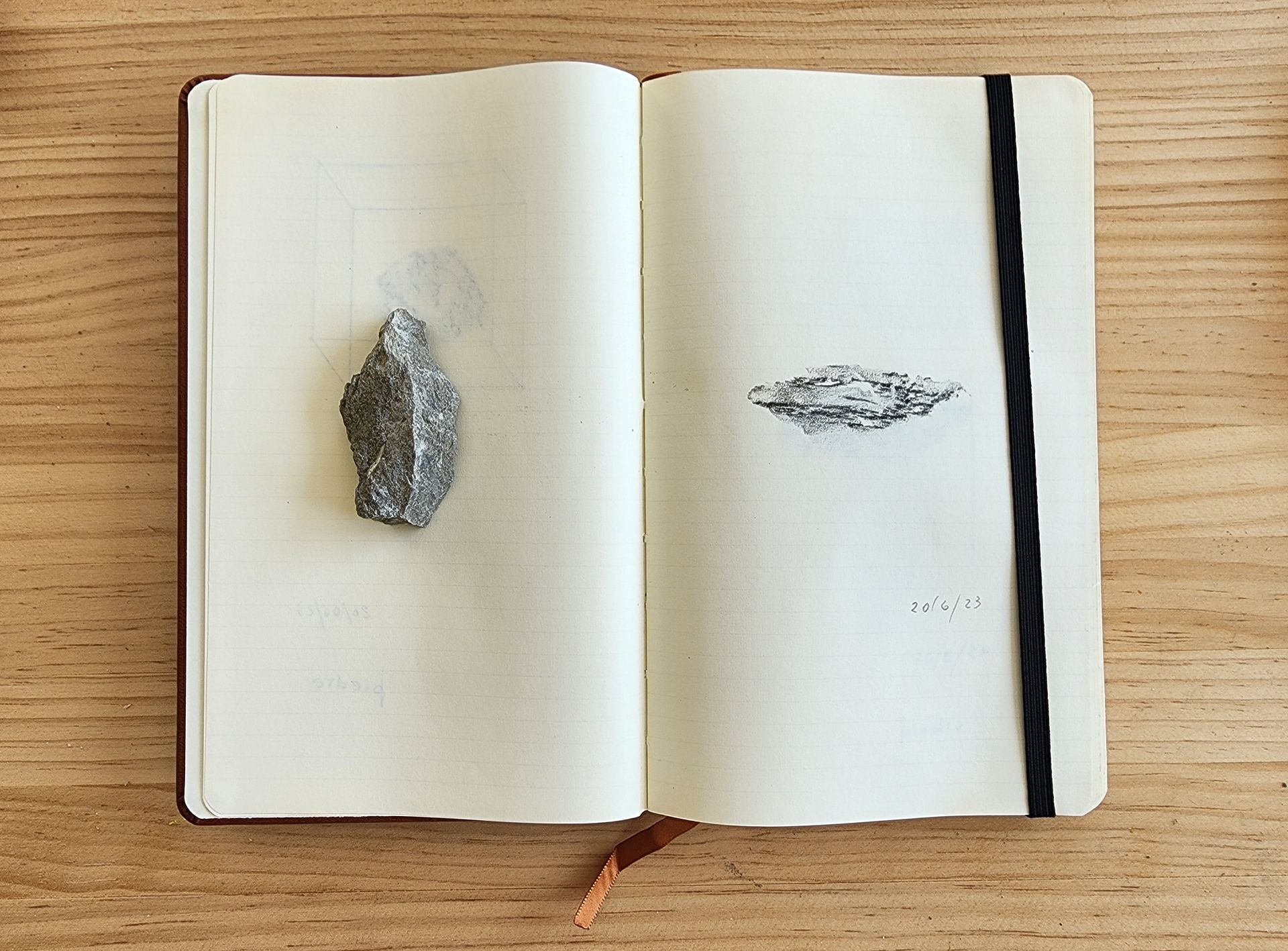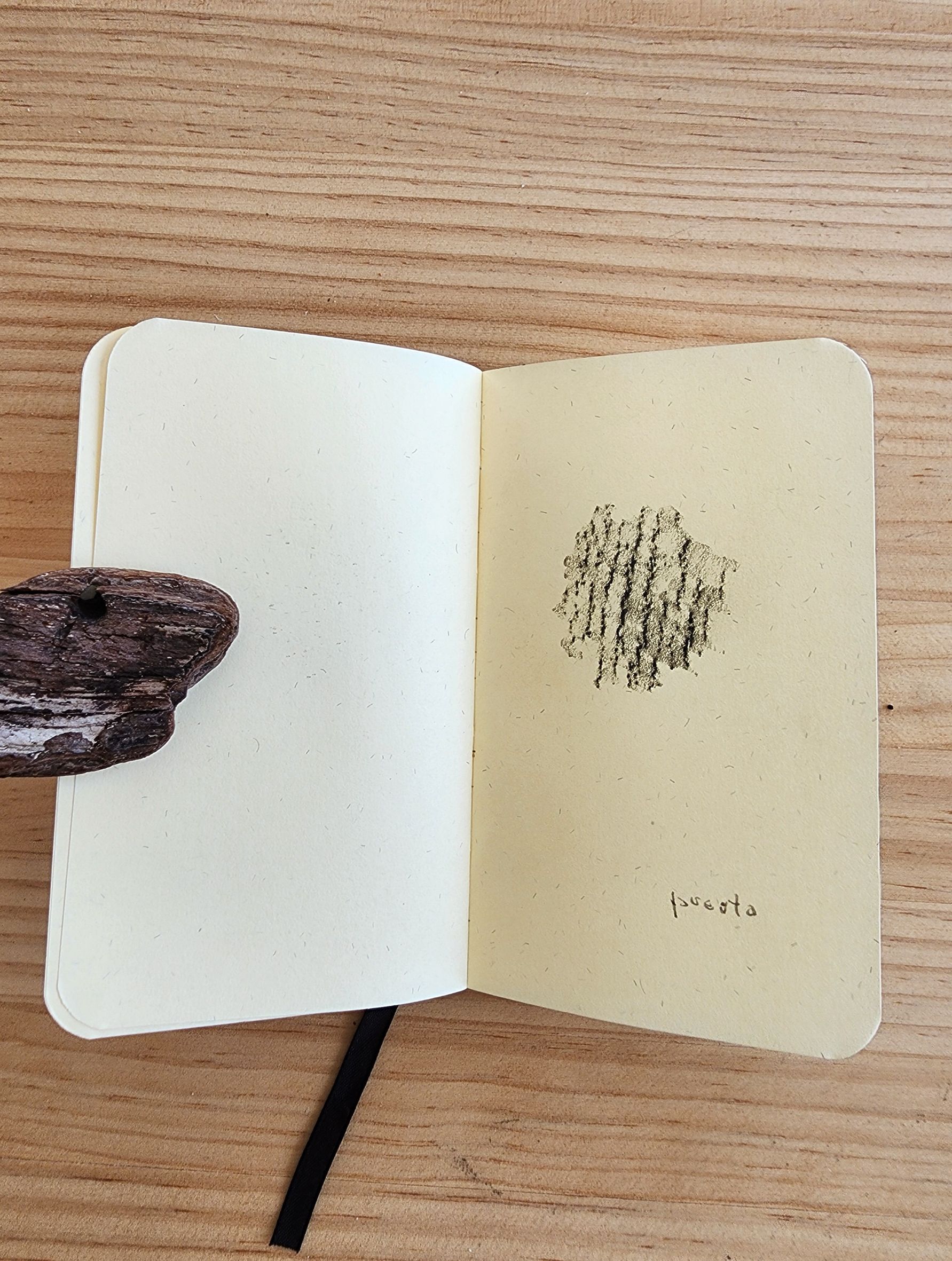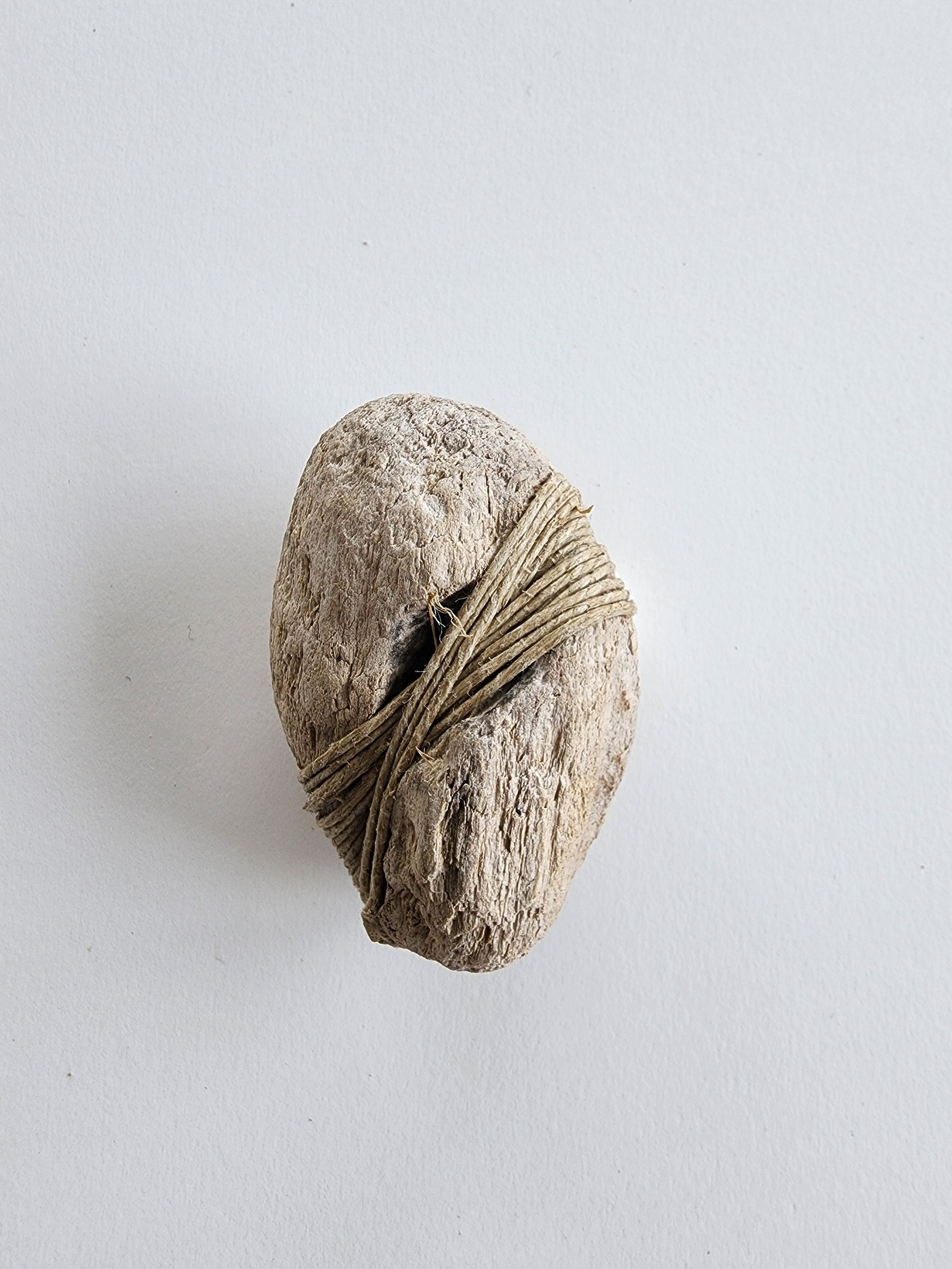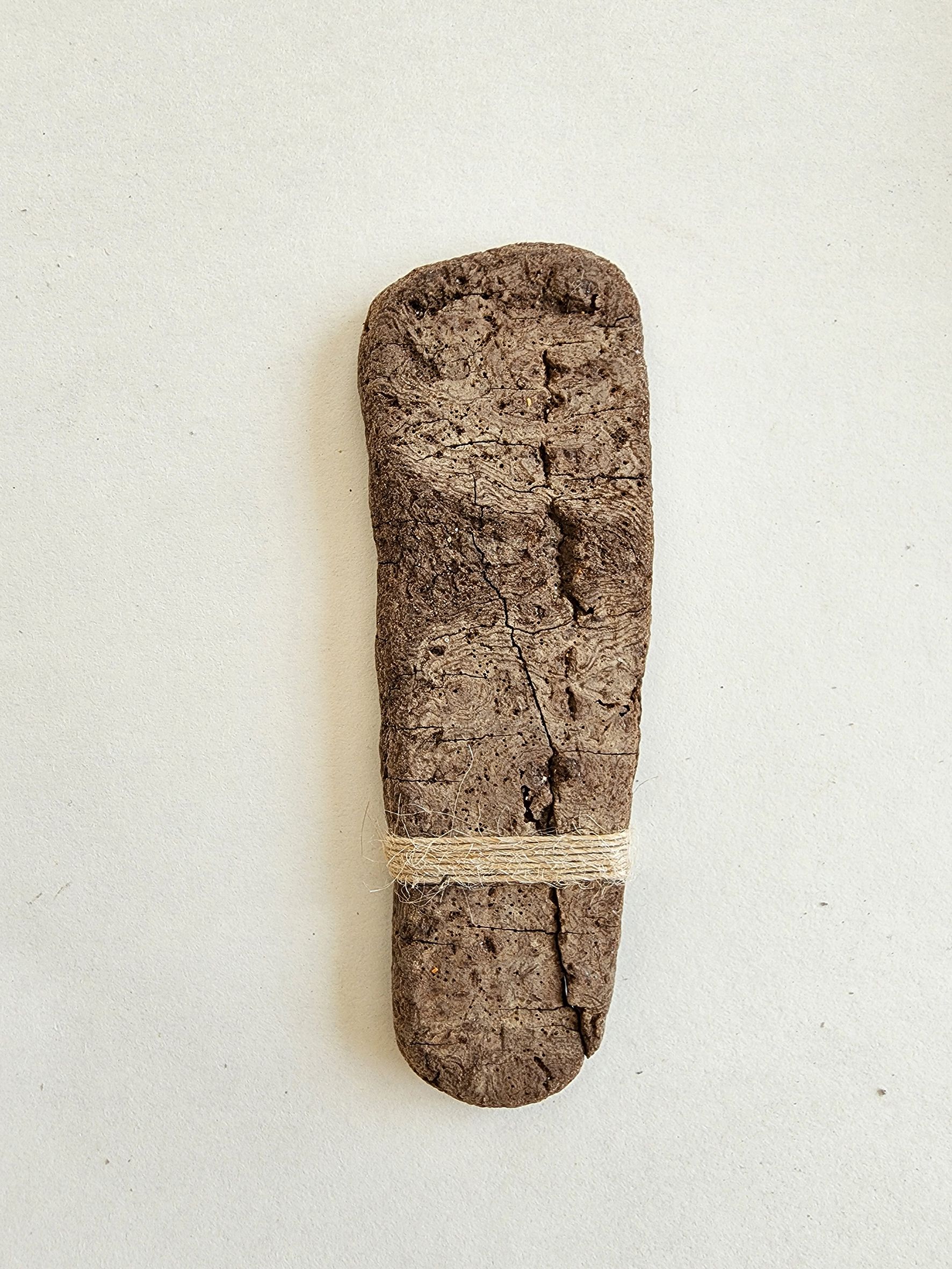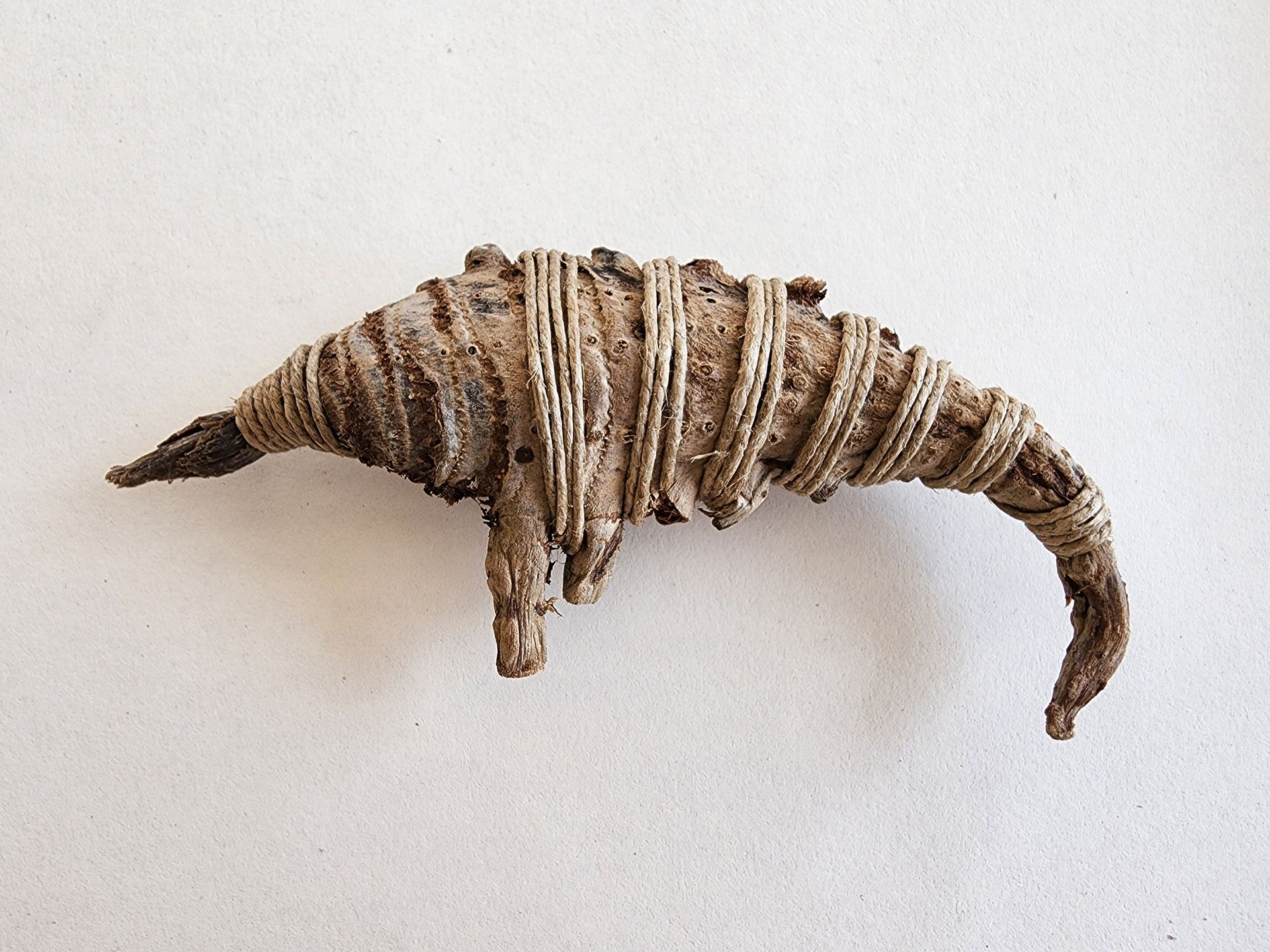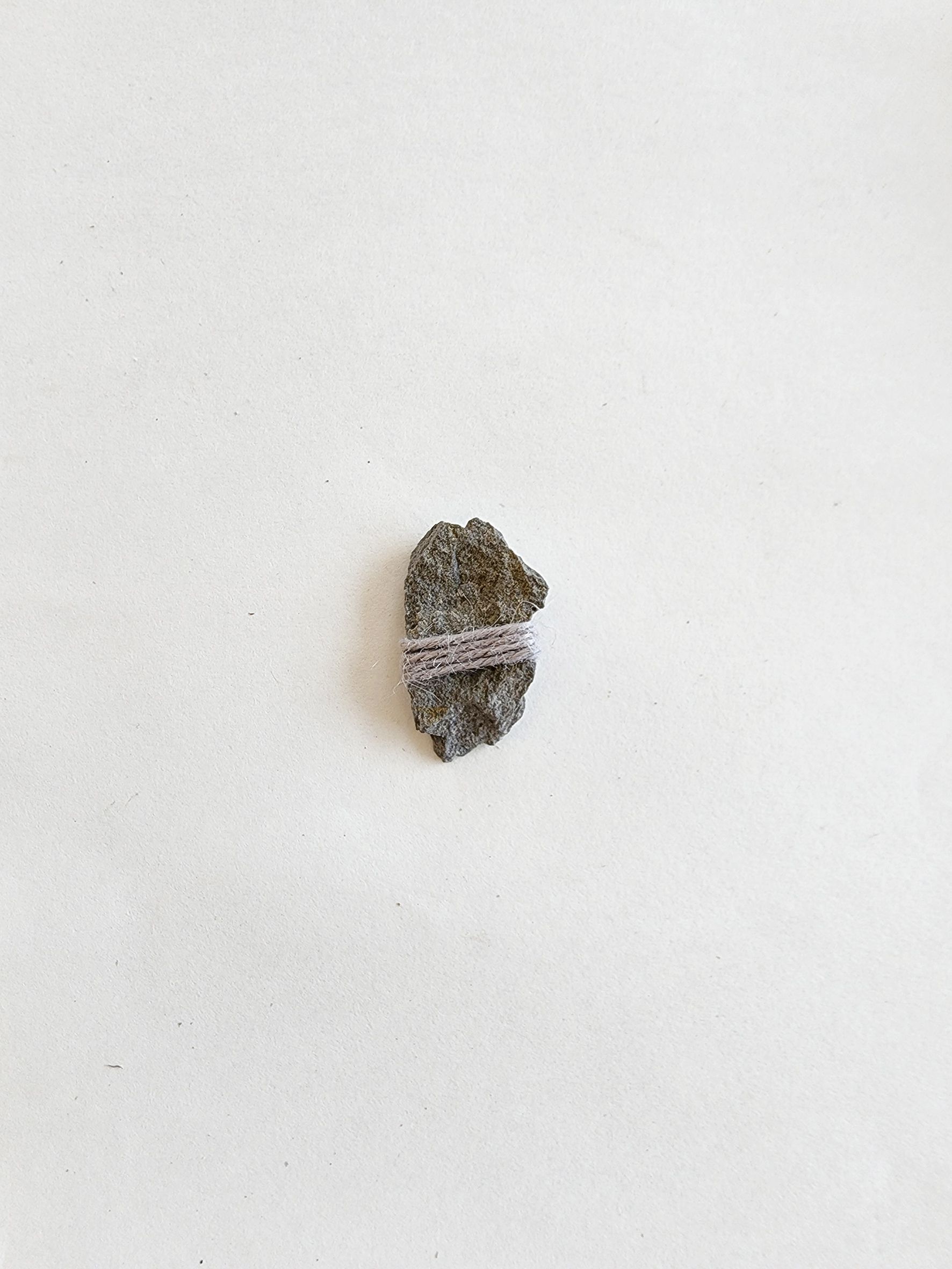Carlos Lista
Carlos Alberto Lista. Sociologist and writer with an extensive academic background, both nationally and internationally, in teaching and research within the field of expertise.
Among other subjects, he had worked on and published works concerning education, gender, and sexuality.
He is the author of the books Interjecciones (microtexts, 2010), Ruidos en el techo (short stories, 2019), and Silencios en Familia (short stories, 2022).
Between 2010 and 2013, he directed ‘Café con Letras’, a space for promoting writers and fiction literature, organized by the Vélez Sarsfield Popular Library of Córdoba.
He writes, publishes, and gives lectures on art-related topics. Several of his texts on visual artists and their works are part of catalogues, exhibitions, and curatorial projects.
Cantabria Project (NAT Art Residence - 06/2023)
Residents: Carlos Lista / Juan Canavesi
This project was carried out between June 12 and 24, 2023 in Tagle, Suances town, Cantabria, within the framework of the NAT RESIDENCIA DE ARTE program, directed by Andrea Juan and Gabriel Penedo Diego.
It is part of a vital process of personal transformation shared by both residents, as a search for new certainties, far from the prevailing hegemonic discourses and their misleading and alienating proposals.
Cantabria and specifically the place where we developed this project (Tagle), offered us the conjunction of nature and quality of life, stimulation and serenity, of ancestral past and dynamic present, as well as the possibility of meeting others and ourselves in an appearance of stopped time.
With the guidance of Andrea and Gabriel we visited places where we got closer to the art of our distant Paleolithic ancestors, we shared walks, moments and reflections to finally undertake the repeated search for objects returned by the sea.
The beach was our first space-laboratory, which offered us the materials to discover, find, collect, classify and create. Thus, it became our open-air workshop and a privileged place for creative observation, thought and contemplation.
Scarcely Intervened Objects
by Carlos Lista
Walking along the changing and accidental paths that the tides and waves trace on the beach, the routes designed by the remains that the sea brings closer and further away with rhythmic persistence. Or those that the sea tears apart and uproots, ripping the coasts. Abandonments of water evoking heartbreak and remain ignored, anonymous and unclassifiable. Just pieces, just fragments, just debris.
Going through those routes covered with pieces of wood, stones, shells, seaweed or scraps that some visitor abandoned due to negligence or carelessness. The paths that many walkers prefer to avoid. Wandering through them with a watchful gaze that anticipates my steps.
Doing it with the enthusiasm of a child looking for a treasure or with the interest of a researcher seeking a discovery. Always doing it with the curiosity of both, attentive to the playful collection, to the chance encounter, to the surprise and astonishment that the shape of a stone or a strange-looking log holds, which sometimes bears traces of human intervention.
There is a strange form of beauty in these objects, an ancient, primal, elemental and simple mystery. It is for this reason, perhaps, that its collection resembles a ritual and that its appropriation becomes a kind of rescue from its complete degradation, from its ultimate transformation into splinters or sand.
To align, classify, and survey the collected objects. To record the capricious shapes and surface accidents by rubbing the graphite on the paper. To discover their marks and wears, textures and edges. Or to join them to create new objects. Or to tie them up to mend fractures. Always with the attention, respect and care that the archaeologist puts into the finding, those that allow them to be kept unique and scarcely intervened.
Make visible the ignored and dignify the precarious. A simple ritual of searching and searching oneself, of discovering and discovering oneself, of exploring and exploring oneself and, above all, of rescuing those neglected objects from indifference and inevitable disappearance, to make them remain. A metaphor, a spell.
Notebook
Drawings
Intervened Woods
Click on the images for full view





